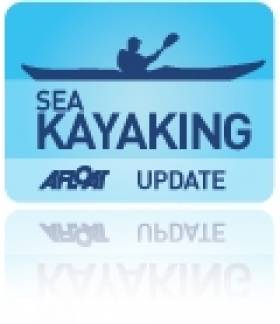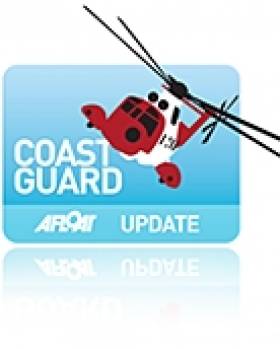Displaying items by tag: Solway Firth
Duo Set for Sea Kayaking Challenge off Western Scotland
#SEA KAYAKING - Brit duo Andy Pearson and Paul A'bear will embark on a 500-mile sea kayaking voyage along Scotland's west coast this summer in aid of charity.
Canoe & Kayak UK reports that the pair will set out from the Solway Firth near the Scottish border at the end of June on the expedition that will take them through the Irish Sea to the Atlantic Ocean.
The adventure will see them paddle through "wild, stormy seas" and "some of the strongest tidal currents in the world".
Pearson and A'bear, who have been friends since primary school, hope to raise at least £1,000 for Cancer Research UK.
For more details on their adventure visit www.westcoastchallenge2012.co.uk.
Reprieve for Holyhead Coastguard a 'Victory for People Power'
A former mayor of Holyhead has sung the praises of Holyhead's coastguard station to Afloat.ie.
Commenting on our recent report on plans to close Liverpool's coastguard station, Cllr KR Roberts said it was "a victory for people power" that Holyhead in north Wales joins Bangor in Northern Ireland among those stations reprieved under revised proposals for the streamlining of Britain's coastguard network.
"Holyhead Coastguard covers a vast area of the Irish Sea in close proximity to the Irish coast, where it joins forces with their Irish Coast Guard colleagues to provide a service of maritime safety to both commercial vessels and leisure craft alike," said Cllr Roberts.
"Holyhead Coastguard also provide maritime safety cover to over 300 miles of Welsh coastline that welcomes a vast variety of leisure craft from Ireland.
"As a past mayor and local councillor in Holyhead I am proud to promote the long traditions of maritime connections between Wales and Ireland. However I am sorry to see the loss of any coastguard station - in this case Liverpool Coastguard, which provides maritime safety cover to the northwest coast of England and the Scottish borders around the Solway Firth."
Cllr Roberts added that these areas would be taken over by Holyhead "with resilient support from Belfast and Milford Haven Coastguards".































































